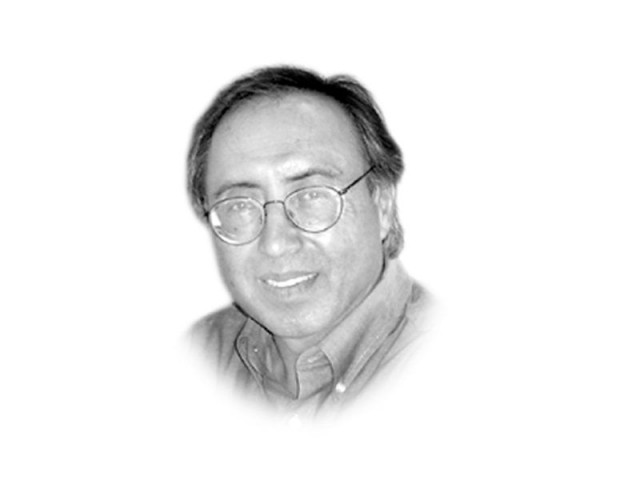Democracy and discontent
In 7 decades, we had only one democratic transition in 2013 when one elected party took over from another

The writer is a professor of political science at LUMS, Lahore. His recent book is Imagining Pakistan: Modernism, State and the Politics of Islamic Revival (Lexington Books, 2017)
In seven decades, we had only one democratic transition in 2013 when one elected party took over from another political party. We consider this as the beginning of a new democratic era in Pakistan, as it has set a new norm. While there is a wider consensus on democracy to grow and take deeper roots in society, there are many elements and forces, both political as well as religious that consider democracy more as a means to power than an ideology. One of the many reasons for the collapse of democracy is lack of ideological commitment to democratic principle of legitimacy as well as governance. This applies both to the governments in power and to the opposition parties. Every party has used electoral democracy as a means to power, more for personal aggrandisement than serving the public good.
This form of procedural and corrupt democratic rule has produced political and social discontent repeatedly in Pakistan. Wherever perverted and questionable ‘democratic’ means have been used to acquire power or challenge the powers of those who have formed ‘elected’ governments, democratic stability has lost out to chaos in the streets. The current political crisis we see growing in intensity by the day is pushing Pakistan back to the familiar cycle of chaos in the streets.
The opposition parties encouraging and lending support to religious factions known for capturing streets, disrupting normal urban life, and even engaged in violence, kidnapping policemen and destruction of public property shows political expediency. Never they realise that they are strengthening anti-democratic forces, and may face the very same elements with greater vigour once they are elected to public offices. This is neither responsible opposition politics nor promoting democracy in the country; this is pure opportunism.
The problem started with the majority party in power about a year back when the Panama Papers revealed the name of the Sharif family having registered offshore companies which the corrupt politicians, bureaucrats and businessmen around the world use for parking corruption monies, tax evasion and money-laundering. This was a shameful betrayal by the Sharif family of the mandate, popular support and the honour this country has given to Mian Muhammad Nawaz Sharif by electing him prime minister three times. There are other corruption charges against him. The problem is that Mr Sharif controls the party as a business firm and a feudal dynasty, and such he has used the puppet federal government — handpicked by him and the party for his personal defence and of his family.
Democracy within the party would have evicted Mr Sharif from the party position and the party would have elected a new leadership. That would have ended opposition that is using questionable means. The country is fast slipping towards yet another cycle of confrontational politics. Only an early elections can pull it off the precipice.
Published in The Express Tribune, December 13th, 2017.
Like Opinion & Editorial on Facebook, follow @ETOpEd on Twitter to receive all updates on all our daily pieces.















COMMENTS
Comments are moderated and generally will be posted if they are on-topic and not abusive.
For more information, please see our Comments FAQ